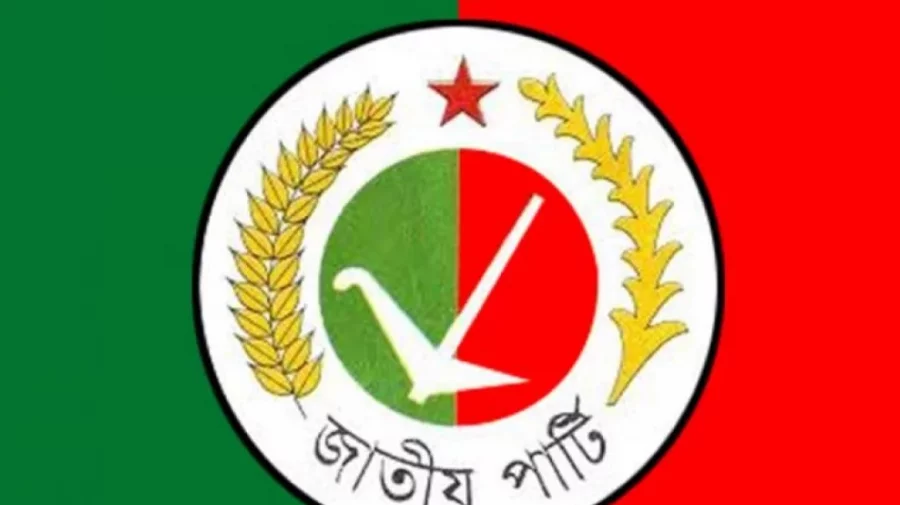Reading Time: 3 minutes
Jatiya Party Chairperson GM Quader has called for an “all-party dialogue to ensure a free and fair polling” in Bangladesh.
He came up with the call in a telephonic interview with the Hindu.
In the interview, Quader created equidistance both from Prime Minister Hasina’s government as well as the BNP.
Quader said that it is very important for the government to come forward seeking a dialogue with all political parties.
“We want all sides should sit down and discuss a way out to ensure a free and fair election,” he said in the interview.
Quader, however, did not approve of the demand from BNP for a caretaker government.
The Jatiya Party leader said that they have been insisting for a caretaker government but have not clarified what exactly should the caretaker formation look like. He appeared to support a third alternative — a compromise formula — that can address the hard positions.
He told the Hindu: “We have a formula in mind and we will place it on the table when an all-party dialogue takes place.”
Days after hosting a high-level delegation from the ruling Awami League, India has broadened engagement with the political spectrum of Dhaka and has invited a team from the Jatiya Party led by Chairperson GM Quader, reports the Hindu.
The arrival of the Jatiya Party’s team is significant as India plans to host Prime Minister Sheikh Hasina at the G-20 summit where Bangladesh has been invited as a “guest country”.
The visit adds to the ongoing exchanges involving multiple comments from the US and Indian interlocutors over the past fortnight.
Last week, two US Congressmen Rich McCormick and Ed Case visited Bangladesh and met with Foreign Minister AK Abdul Momen as well as representatives of the BNP and Jatiya Party.
“Of the two congressmen, the senior one clearly told us that they want to see such an election which will be held in a neutral and democratic manner and the world will regard that as free and fair,” a Jatiya party leader told the media after the meeting.
Both Congressmen were hosted at the Observer Research Foundation (ORF) in Delhi on August 17 where they attended a “closed-door discussion”.
A day prior, ORF held a meeting with Clifford Smith, Washington Project Director, Middle East Forum, USA, where he hinted at the difficulty that the US is facing in making up its mind regarding the evolving situation in Bangladesh.
Smith presented a detailed account of the Bangladesh Jamaat-e-Islami’s activities in the Bangladesh diaspora in the US and said that at one point, the student wing of Jamaat was “the most violent in the world”.
Smith, however, pointed out that Hasina’s anti-terror outfit, RAB has not done enough to crack down on the religious fundamentalists. These remarks from the US were met with reiteration of the mainstream Indian position by Joint Secretary at Bangladesh and Myanmar Division of the Ministry of External Affairs Smita Pant.
On August 15, she paid tribute to the memories of Bangabandhu Sheikh Mujibur Rahman and said: “Killers of Sheikh Mujib could not wipe out his ideas.”
On Saturday, Indian High Commissioner to Dhaka Pranay Verma paid his tribute to Sheikh Mujib and said India is a “steadfast partner” of Bangladesh.
The ongoing exchanges are clearly broadening with the arrival of Jatiya Party in Delhi with some Dhaka sources indicating that similar “windows” are also open at other relevant quarters.
Apart from these, the government-to-government discussion will deepen as both Indian Prime Minister Narendra Modi and PM Hasina will fly to Johannesburg for the BRICS summit where Bangladesh is among several economies that are seeking BRICS membership.

